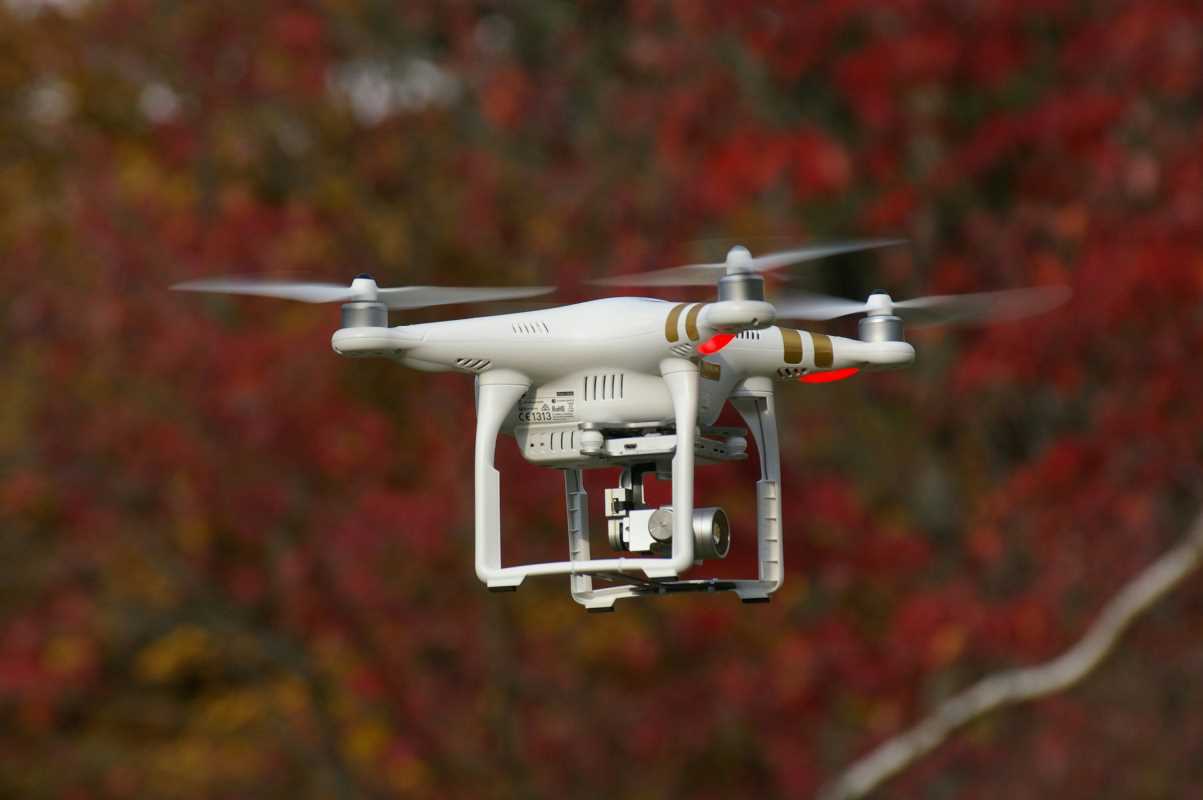Automated drone piloting has emerged as a dynamic and rapidly evolving field, offering a multitude of career opportunities for individuals passionate about technology and aviation. As industries worldwide integrate drone technology into their operations, the demand for skilled professionals in this field continues to surge. This article provides a comprehensive guide on how to launch a successful career in this exciting domain, outlining the necessary steps, qualifications, and strategies to thrive.
Embarking on a career in automated drone piloting requires a blend of technical expertise, practical skills, and a solid understanding of the regulatory landscape. Whether you aspire to work in aerial photography, agriculture, infrastructure inspection, or emergency response, the foundations of a successful career journey remain consistent. The following sections delve into the critical aspects that aspiring drone pilots need to consider to establish themselves in this competitive field.
Understanding Automated Drone Piloting
Automated drone piloting involves the operation of unmanned aerial vehicles (UAVs) using advanced software and control systems. Unlike manual piloting, automated systems enable drones to perform complex tasks with minimal human intervention, enhancing efficiency and precision in various applications.
- Technical Proficiency: Understanding drone mechanics, flight dynamics, and control systems.
- Software Skills: Proficiency in drone programming, automation software, and data analysis tools.
- Regulatory Knowledge: Familiarity with aviation laws, airspace regulations, and safety protocols.
- Analytical Thinking: Ability to interpret data, troubleshoot issues, and optimize drone performance.
- Communication Skills: Collaborating with teams, reporting findings, and presenting data effectively.
These key skills and qualifications form the backbone of a competent automated drone pilot. Mastery of both hardware and software components is essential, as the role often requires troubleshooting technical issues and optimizing drone operations for specific tasks.
Educational and Certification Requirements
Launching a career in automated drone piloting necessitates a combination of formal education and relevant certifications. These credentials validate your expertise and enhance your employability in a competitive market.
- Obtain a Relevant Degree: Pursue a degree in fields such as aerospace engineering, robotics, computer science, or a related discipline to build a strong technical foundation.
- Earn a Remote Pilot Certificate: Acquire the Federal Aviation Administration (FAA) Part 107 certification or its equivalent in your country, which is mandatory for commercial drone operations.
- Specialized Training: Enroll in courses focused on drone technology, automation, and data processing to gain specialized knowledge.
- Gain Practical Experience: Participate in internships, workshops, or practical projects to apply theoretical knowledge in real-world scenarios.
- Continuous Education: Stay updated with the latest advancements in drone technology and regulatory changes through ongoing training and professional development.
These steps provide a structured pathway to gaining the necessary qualifications for a career in automated drone piloting. Investing time in education and certification not only equips you with essential skills but also demonstrates your commitment to potential employers.
Career Opportunities in Automated Drone Piloting
A career in automated drone piloting offers diverse opportunities across various industries. Drones are becoming indispensable tools in modern workflows, from aerial surveying and agricultural monitoring to search and rescue operations.
Some notable career paths include:
- Agricultural Drone Pilot: Utilize drones to monitor crop health, manage irrigation systems, and optimize pesticide application.
- Infrastructure Inspection: Conduct inspections of bridges, power lines, and pipelines, ensuring structural integrity and safety.
- Emergency Response: Support disaster relief efforts by providing real-time aerial data and reconnaissance in affected areas.
- Aerial Photography and Videography: Create stunning visual content for media, real estate, and entertainment industries.
- Environmental Monitoring: Track wildlife populations, manage natural resources, and assess environmental impacts.
Each of these roles leverages the unique capabilities of automated drones, making them integral to enhancing efficiency, reducing costs, and improving outcomes in their respective fields.
Building Experience and Networking
Gaining hands-on experience is pivotal in establishing a successful career in automated drone piloting. Practical exposure not only hones your skills but also makes you a more attractive candidate to potential employers.
Engage in activities such as:
- Participating in drone competitions and hackathons to showcase your skills.
- Collaborating on projects with local businesses or research institutions.
- Joining professional organizations and attending industry conferences to expand your network.
- Seeking mentorship from experienced drone pilots and industry experts.
- Contributing to online forums and communities to stay informed and connected.
Networking plays a crucial role in uncovering job opportunities and staying abreast of industry trends. Building relationships with professionals in the field can lead to collaborations, referrals, and valuable insights that can accelerate your career growth.
Navigating Industry Challenges
The field of automated drone piloting is not without its challenges. Regulatory compliance, technological advancements, and competition are some of the hurdles professionals may encounter.
Address these challenges by:
- Staying informed about changes in drone regulations and ensuring adherence to all legal requirements.
- Continuously updating your technical skills to keep pace with evolving drone technologies.
- Developing problem-solving abilities to address operational issues and optimize drone performance.
- Understanding the ethical implications of drone use and promoting responsible practices.
- Differentiating yourself by specializing in niche areas within automated drone piloting.
By proactively addressing these challenges, you can position yourself as a resilient and adaptable professional in the automated drone piloting industry.
Future Trends and Opportunities
The future of automated drone piloting is poised for significant advancements, driven by technological innovations and expanding applications. Staying ahead of these trends can open new avenues for career development and specialization.
- Artificial Intelligence Integration: Enhanced autonomy and decision-making capabilities through AI and machine learning.
- Swarm Technology: Coordinated operations of multiple drones for large-scale tasks and complex missions.
- Extended Battery Life: Improvements in energy storage technologies, allowing for longer flight times and increased operational range.
- Advanced Sensor Technology: Integration of sophisticated sensors for more accurate data collection and analysis.
- Regulatory Evolution: Development of comprehensive drone laws facilitating broader commercial use and innovation.
Embracing these emerging trends can enhance your skill set and open up specialized career paths within the automated drone piloting landscape. Keeping abreast of technological and regulatory changes ensures that you remain competitive and well-positioned to capitalize on new opportunities.
In conclusion, launching a career in automated drone piloting requires a strategic approach encompassing education, certification, practical experience, and continuous learning. By building a strong foundation and staying attuned to industry developments, you can navigate the complexities of this field and achieve professional success.
 (Image via
(Image via





